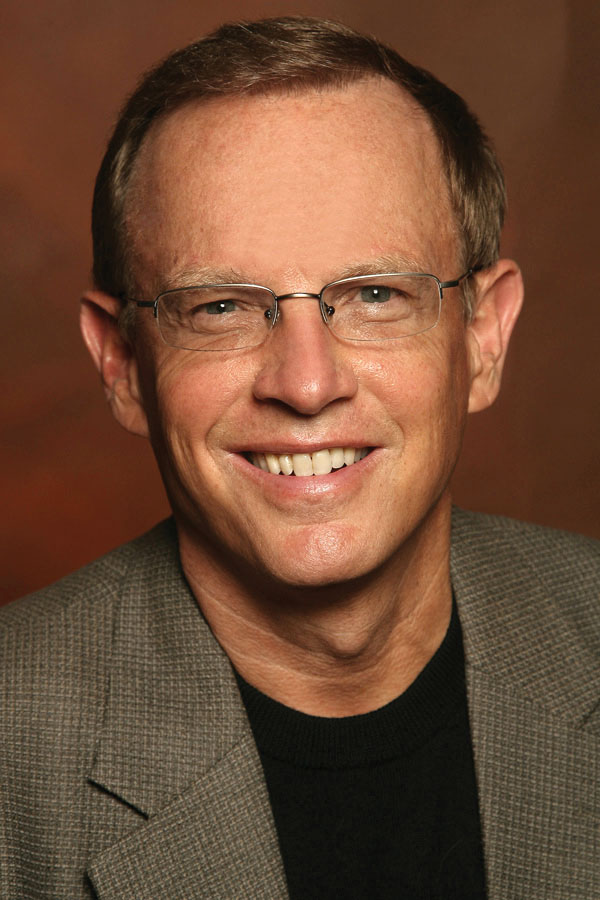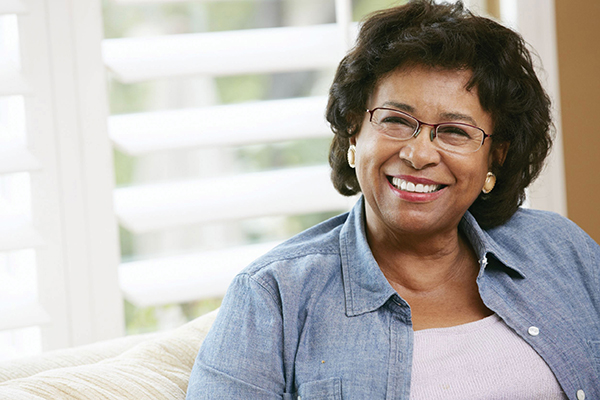Tend to Your Spirit
How to overcome when cancer invokes a spiritual crisis
by Michael Eselun, BCC
Merriam-Webster’s first definition of the word heal is “to make sound or whole.” So when we talk about healing, we have to address all the components of our wholeness. Certainly, taking care of your physical well-being is a big part of that, but it’s not the whole picture. You also have to tend to your spirit.
In my role as an interfaith chaplain, I am often asked how I define spirituality. Well, I like to go back to the Latin root of the word: spiritus, which means breath. What is it that breathes life into you? What gives your life meaning? What gets you out of bed each morning and inspires you to face the day? What makes life worth fighting for?
For some, it’s a religious tradition or ritual or a religious community they’re part of. For others, it may be a more personal relationship to God or a higher power. It might be your family, your dog, your work, a good round of golf, or surfing the perfect wave. It may be a place where you can feel a greater connection to the larger circle of life, be it the seashore, a forest, or the Thanksgiving dinner table surrounded by your family.
What I have witnessed, to be sure, is that a diagnosis of cancer can really mess with all of that. Perhaps the very thing that used to give your life meaning now seems meaningless. Maybe you don’t have access to it in the same way anymore. You might have to find a new meaning, or at least a new pathway to connect to the old one. This is what I would call a “spiritual crisis.”
You might find yourself in such a spiritual crisis when waves of fear, doubt, or confusion wash over you, when you’re just not sure what’s true or meaningful anymore. It may seem as if the undertow is dragging you out to sea.
I remember as a schoolboy in Long Beach, CA, late each spring, lifeguards would present a water-safety assembly to my class. They taught us that if you find yourself caught in a riptide, don’t try to swim against it – you won’t win, and you may drown. Instead, let it carry you out, and when you can, try to swim out of it, not against it. Get your bearings and then swim back to shore. Not bad advice. It’s also a good metaphor for overcoming a spiritual crisis.
I see so many people who judge themselves so harshly: “I can’t be feeling this way. I must stay positive.” From what I see, that struggle only solidifies your distress while sapping your inner resources. It’s kind of like those Chinese finger puzzles; you stick your fingers in either end, and as long as you struggle against it to remove them, you remain stuck. But if you relax and breathe and stop fighting, you can slide them out slowly.
I see myself as someone who can walk beside a person in spiritual crisis, exploring questions that lead to a new sense of meaning, keeping a calm presence, and helping to tend to the spirit, however that person defines it. This is compassion. At its Latin root, compassion means “with suffering.” It doesn’t mean to fix suffering, correct suffering, relieve suffering, judge suffering, or feel bad about the suffering. It means to walk beside the one who is suffering.
Though it’s not always easy, the concept of compassion is simple. It’s an important aspect of tending to the spirit, and it’s something we all can learn to do for one another and for ourselves – to be with our own suffering in a compassionate way. Before you know it, you may emerge from your spiritual crisis to find that your new view is more fascinating than fearful, perhaps even beautiful and healing.

Michael Eselun serves as chaplain for the Simms/Mann – UCLA Center for Integrative Oncology in Los Angeles, CA. He is a highly-regarded keynote speaker who speaks extensively to healthcare professionals, patient populations, and faith communities across the country. Widely published in jorunals, Michael also has presented a TEDx talk, “It’s Magic,” (available on YouTube) about finding the magic in life. Learn more at MichaelEselun.com.
This article was published in Coping® with Cancer magazine, May/June 2018.


